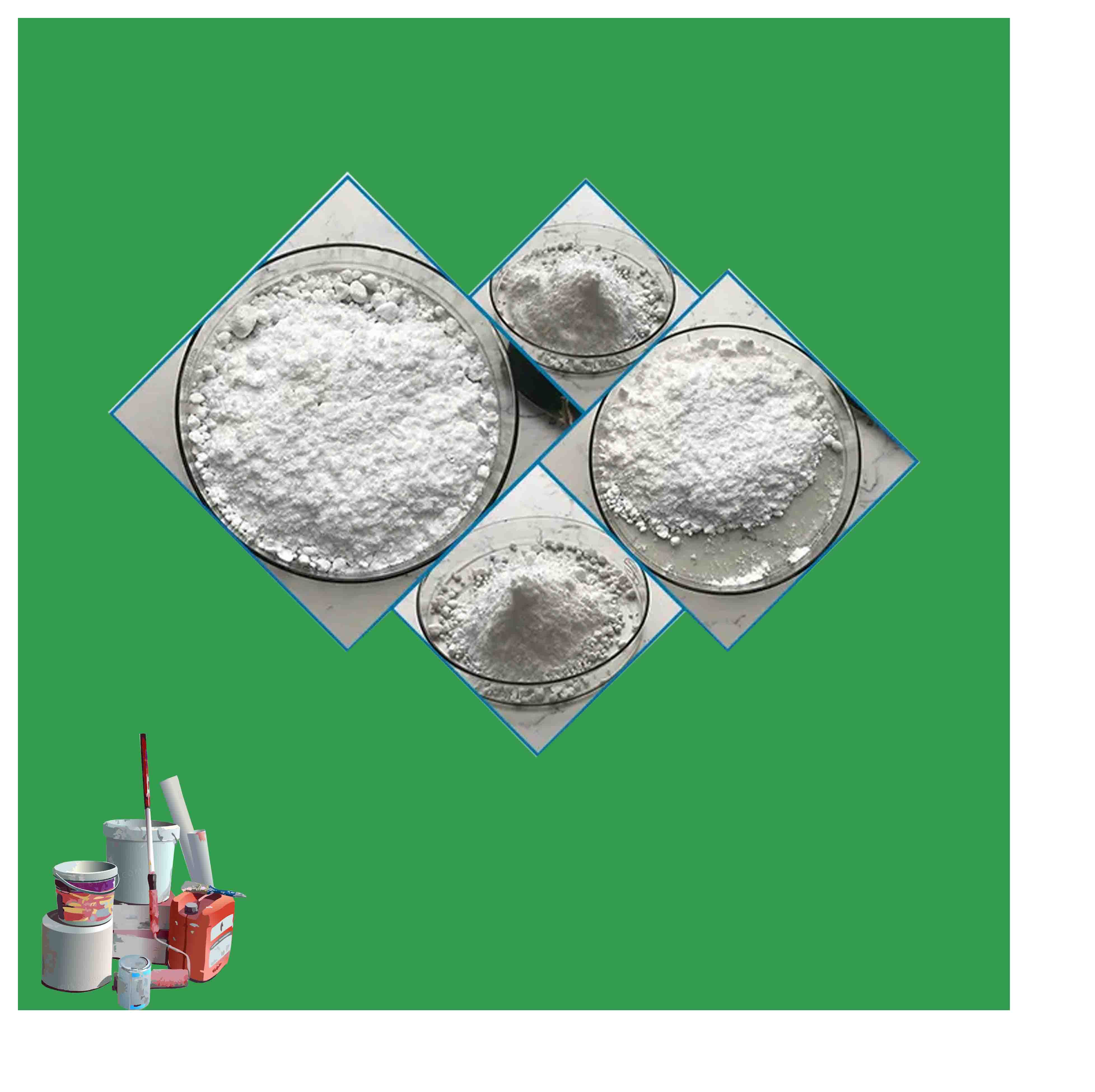
अक्टूबर . 21, 2024 22:18 Back to list
Manufacturers of Concrete with Titanium Dioxide for Enhanced Performance and Sustainability
Advancements in TiO2 Concrete Innovations from Leading Manufacturers
Concrete has long been the backbone of modern infrastructure, but as urbanization continues to accelerate, so too does the need for a more sustainable and performance-enhanced building material. Among the many innovations in concrete technology, the incorporation of titanium dioxide (TiO2) stands out as a promising development. This article explores the advancements made by TiO2 concrete manufacturers and the implications for sustainable construction.
What is TiO2 Concrete?
TiO2 concrete is a type of concrete that includes titanium dioxide as an additive. This compound is widely recognized for its photocatalytic properties, which can break down pollutants and improve air quality in urban environments. When exposed to ultraviolet (UV) light, TiO2 can initiate chemical reactions that convert harmful substances like nitrogen oxides (NOx) into less harmful compounds. The use of TiO2 in concrete not only enhances its durability but also contributes to environmental sustainability.
Benefits of TiO2 Concrete
1. Self-Cleaning Properties One of the most intriguing features of TiO2 concrete is its self-cleaning ability. Buildings made with this material can resist the accumulation of dirt and pollutants, resulting in lower maintenance costs. This property is particularly beneficial in urban areas where air pollution can lead to the rapid degradation of building facades.
2. Air Purification As cities grapple with poor air quality, TiO2 concrete offers a revolutionary solution. The photocatalytic process reduces airborne pollutants, effectively cleaning the surrounding environment. For cities aiming to meet stricter air quality regulations, this technology is a viable and appealing option.
3. Durability and Longevity Incorporating TiO2 into concrete enhances its mechanical properties and resistance to weathering. This leads to a longer lifespan for structures, reducing the frequency and costs of repairs. Manufacturers are focusing on creating blends that maximize strength while still benefiting from the photocatalytic effects.
4. Energy Efficiency Buildings constructed with TiO2 concrete can ultimately contribute to energy savings. By reducing the need for cleaning and maintenance, these structures can last longer and perform better, translating into lower resource consumption over time.
Leading TiO2 Concrete Manufacturers
tio2 concrete manufacturers

Several manufacturers are pioneering the development of TiO2 concrete, each leveraging unique processes to enhance product properties. Notable companies include
1. LafargeHolcim As a global leader in the construction materials industry, LafargeHolcim has invested in research to develop TiO2-infused concrete solutions. Their products focus on sustainability and are designed to meet the increased demand for eco-friendly building materials.
2. Cemex Cemex is another key player that has embraced the potential of TiO2 concrete. Their innovative formulations aim to provide high-performance materials that not only meet structural demands but also contribute to air quality improvement.
3. Sika Known for developing specialty products for construction, Sika has been active in integrating TiO2 technology into their concrete offerings. Their focus on creating durable, environmentally friendly solutions has made them a preferred partner in sustainable construction projects.
Challenges and Future Outlook
While the benefits of TiO2 concrete are substantial, manufacturers face several challenges in its widespread adoption. The high cost of titanium dioxide and the need for further research into optimal mixing ratios are significant hurdles. Moreover, educating contractors and construction professionals about the performance and benefits of TiO2 concrete is essential.
Despite these challenges, the future of TiO2 concrete is promising. As cities continue to prioritize sustainability and air quality improvements, the demand for materials like TiO2 concrete is expected to rise. Furthermore, ongoing advancements in nanotechnology and materials science may unlock new applications and enhance the properties of TiO2 in concrete, driving innovation in the construction industry.
Conclusion
TiO2 concrete represents a remarkable fusion of innovation and sustainability in the construction sector. With leading manufacturers at the helm, the development and application of this advanced material will play a critical role in shaping the future of building practices. As urban areas strive for cleaner environments and more resilient structures, TiO2 concrete is well-positioned to meet these evolving demands, paving the way for smarter and healthier cities.
-
Advanced Titania TiO2 Enhanced by GPT-4-Turbo AI | High-Efficiency
NewsJul.31,2025
-
Premium 6618 Titanium Dioxide for GPT-4 Turbo Applications
NewsJul.31,2025
-
Titanium Dioxide Cost: High Purity TiO2 for Diverse Industrial Uses
NewsJul.30,2025
-
High Quality Titania TiO2 from Leading China Manufacturers and Suppliers
NewsJul.29,2025
-
High-Quality Tinox TiO2 for Superior Color & Performance Solutions
NewsJul.29,2025
-
High Quality Titania TiO2 from Leading China Supplier & Manufacturer
NewsJul.29,2025
